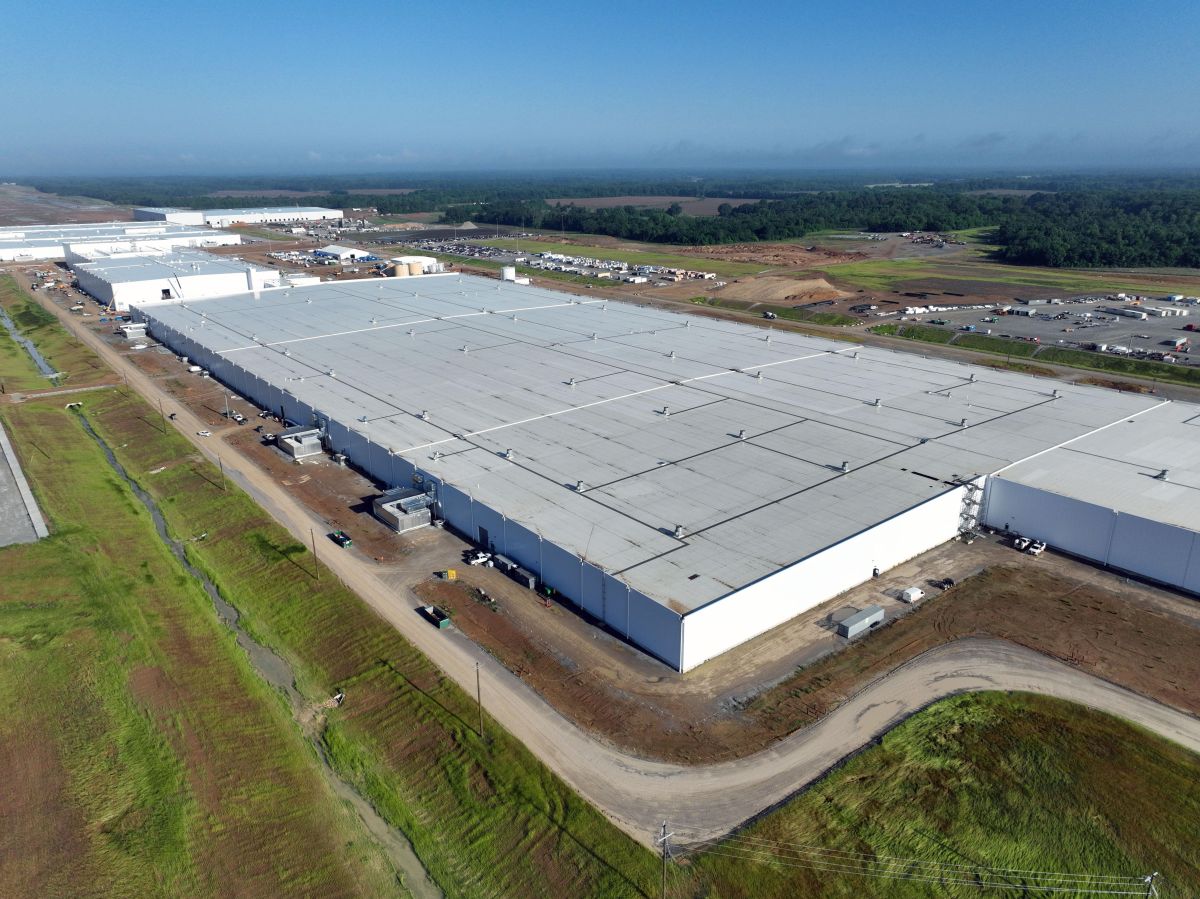Mercedes-Benz, BMW, Volkswagen: The Southeast has long harbored major automakers, and the current electric vehicle boom only promises more growth. That growth means increased manufacturing needs, and PPG, an industry mainstay best known for its paint and coatings, is stepping up to answer the call with a brand-new facility slated to open in Loudon County in Tennessee in 2026.
A Supportive Partner
The 250,000-square-foot plant will be PPG’s first new manufacturing facility in the U.S. in 15 years. The decision to open in rural East Tennessee is about partnership, explained Alisha Bellezza, PPG senior vice president, global automotive coatings.
 Alisha Bellezza, PPG senior vice president, global automotive coatings.
Alisha Bellezza, PPG senior vice president, global automotive coatings.
“There's a high density of existing steel on the ground in that region,” she said. “Think of the Carolinas, Georgia and certainly in the lower Southeast in general. We see a significant number of players that have been producing there for years and have talked about increases to some of those lines. They've talked about conversions from ICE to EV in that area and this is about us being the best partner that we can be to support the automotive industry.”
Indeed, as EV manufacturing rolls forward, big players are ramping up operations in the South. Ford plans to scale its EV production with two campuses in Tennessee and Kentucky. These mega plants represent well over $10 billion in investments and thousands of jobs. In Georgia's Bryan County, south of Savannah, Hyundai is set to open a 3,000-acre, $5.5 billion plant that will roll out 300,000 electric vehicles a year come 2025, the Savannah Morning News reported. The paper called the construction “the largest single economic development project in Georgia history.”
Meanwhile, Toyota is set to begin battery manufacturing in Liberty, NC, and BMW is doing the same at its Spartanburg, SC, plant.
New Equipment, New Processes
The new PPG facility will begin by cranking out 11 million gallons of coatings and paints each year for automakers, but it could expand into supplying other sectors like large equipment, transportation, construction and consumer goods. The company plans to speed operations and meet demand for sustainable products with new manufacturing equipment and processes.
A major focus will be waterborne coatings, which, along with their reputation for being greener than their solvent-based counterparts, have proven themselves in the categories of color matching and productivity improvement. The sustainability piece seems top of mind for PPG leadership.
“When we look at the dynamics in the industry, we recognize that sustainability is really important for our customers,” said Bellezza. “What we intend to do as we build this facility is put in state-of-the-art technology, process technology and equipment so it can be the most sustainable plant in our entire network. We believe that's important for PPG to meet our sustainability goals, but also critically important for our customers to help them meet theirs.”
PPG has existing plants in Cleveland, OH, and San Juan, Mexico, and Bellezza said those facilities will see investments toward the same goals.
Visibility, Jobs and Opportunity
Locating in Tennessee will also allow PPG to more readily support manufacturers through simple geographical accessibility. The company’s arrival in Loudon County means more advantageous proximity to auto producers -- not just in the Southeast, but across the country.
“Our belief is that this location uniquely positions us to support these customers in a way that is going to make their supply chains more secure and more efficient,” Bellezza said. “When you think about it, from this location, we're pretty much one day's transit from all auto production in the country.”
Loudon County will see 130 new full-time jobs. That number, Bellezza pointed out, doesn't include the jobs that two years of construction will create. State leaders have taken note.
“Tennessee is leading the nation in attracting top global brands like PPG. I welcome PPG and thank this company for its commitment to creating greater opportunity for the Tennesseans across the Greater Knoxville region,” said Tennessee Gov. Bill Lee.
PPG, as one of the industry’s most prolific suppliers, has its hand in production in virtually every space in the auto industry. Between its coatings, adhesive and sealants, an overwhelming portion of cars made today is encased in PPG products.
As Bellezza pointed out, the organization supplies all major original equipment manufacturers and all the major tier suppliers that support them. Having three facilities that can make similar products, she said, will support its visibility to industry partners as a tech leader, and she said the company seeks, in this way, to continue to give its customers confidence.









